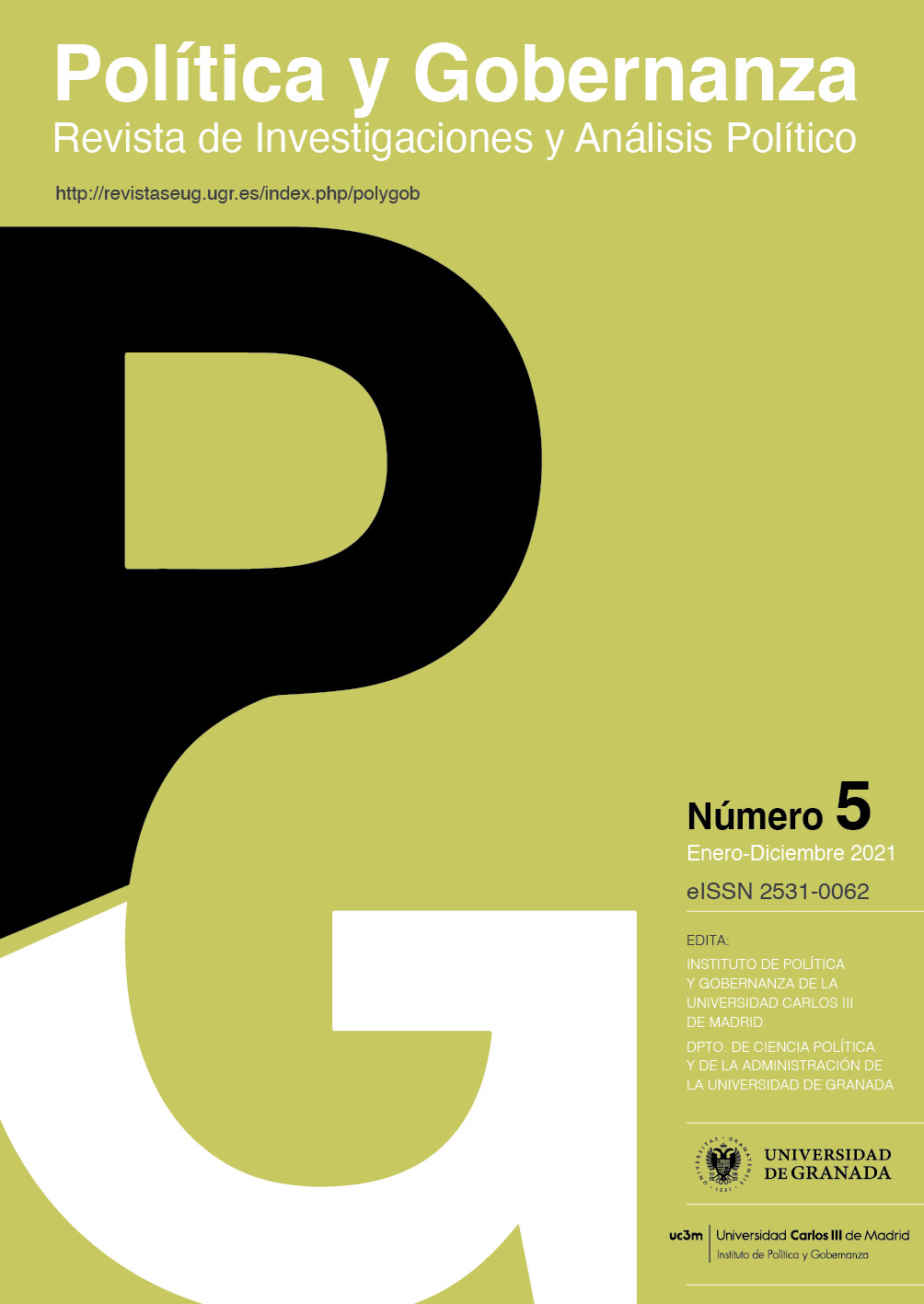Attitudes towards COVID-19 in students at a university in central Mexico
Main Article Content
Abstract
Until February 2022, the pandemic has led to the death of seven million. Anti-COVID-19 policies in Mexico are distinguished by individual distancing rather than confinement recommended, but not imposed by the State. In this scenario, the pandemic has claimed the lives of 300,000, although the government recognizes another 300,000 related to atypical pneumonia. The objective of the present work was to specify a model for the study of attitudes towards the effects of the pandemic on the environment. An exploratory, cross-sectional and correlational work was carried out with 100 students, considering their confinement and intensive use of electronic technologies, devices and networks. A factorial structure was found that explained 35% of the total variance, although the research design limited the results to the study setting, suggesting the extension of the work towards the contrast of the proposed model.



